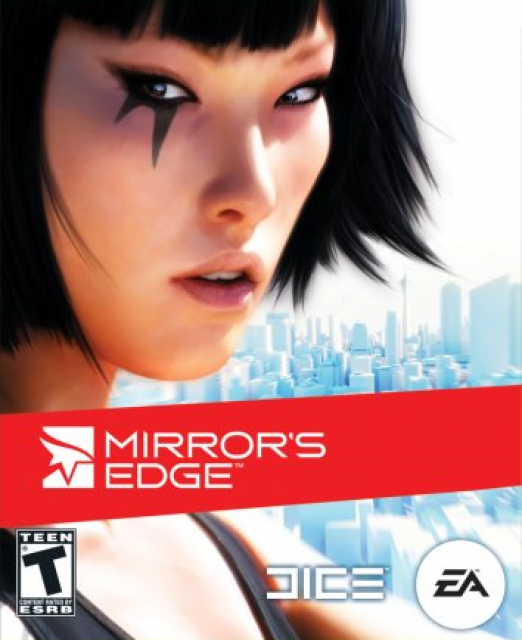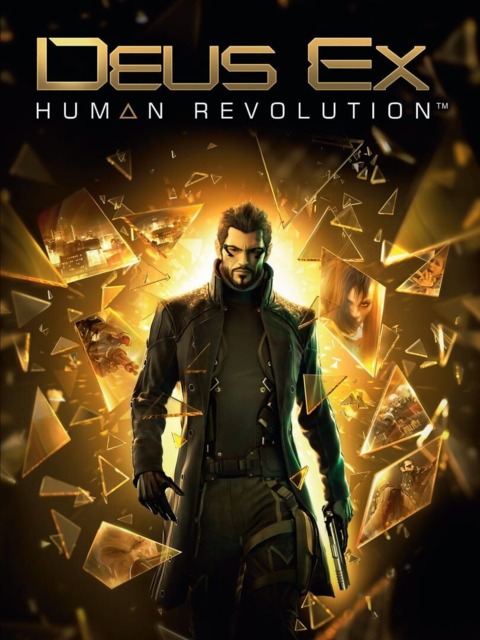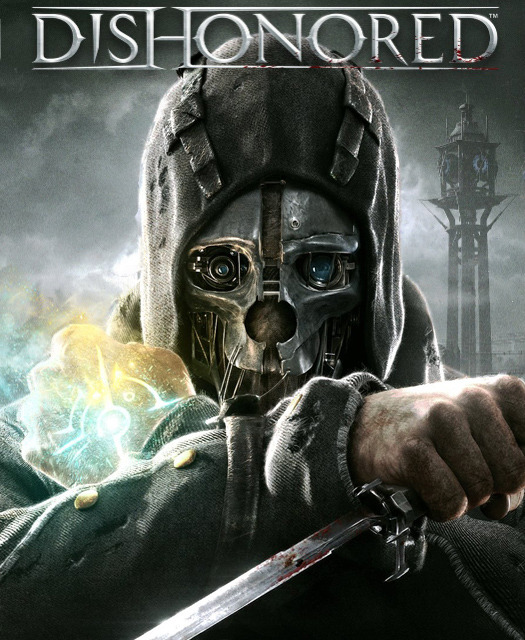Pacifism Plus
I'm a conscientious objector (though in my case specifically it's synonymous with "coward"), and I generally find that I prefer to keep as many people - even antagonists - alive when playing through the story of a video game. There's actually a few reasons why this is: It's more challenging and more fulfilling to get through to someone and talk them down from an encounter rather than resort to violence, which is generally how modern human beings settle disputes in the real world regardless, and it also highlights the amount of complexity a game's design must have to make such a course tenable.
The games that actively reward players for coming up with non-violent solutions for their roadblocks are to be commended, because they not only recognize that people aren't inherently violent - something those that condemn the video game medium and its proponents do all too often - but also ably demonstrates the level of craft involved to account for multiple routes with separate outcomes.
The following handful of games are a few that will reward players for being less violent, one way or another. In each case, they offer both a salve for the soul (if that matters to you) and a way to challenge oneself with what is invariably the least simple path. Feel free to add more in the comments.







